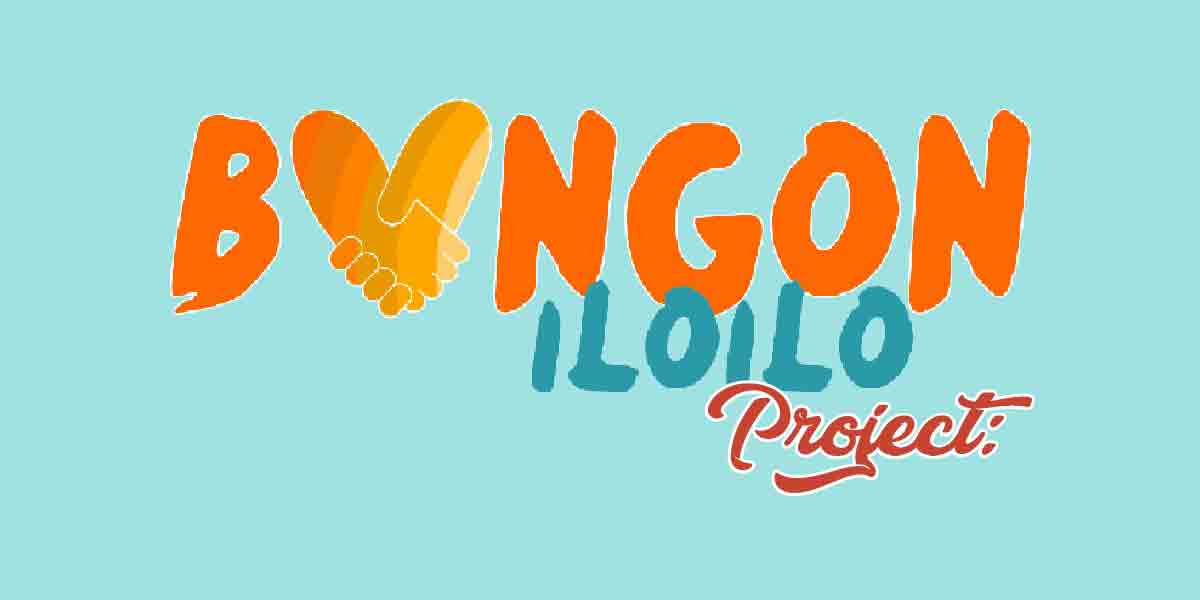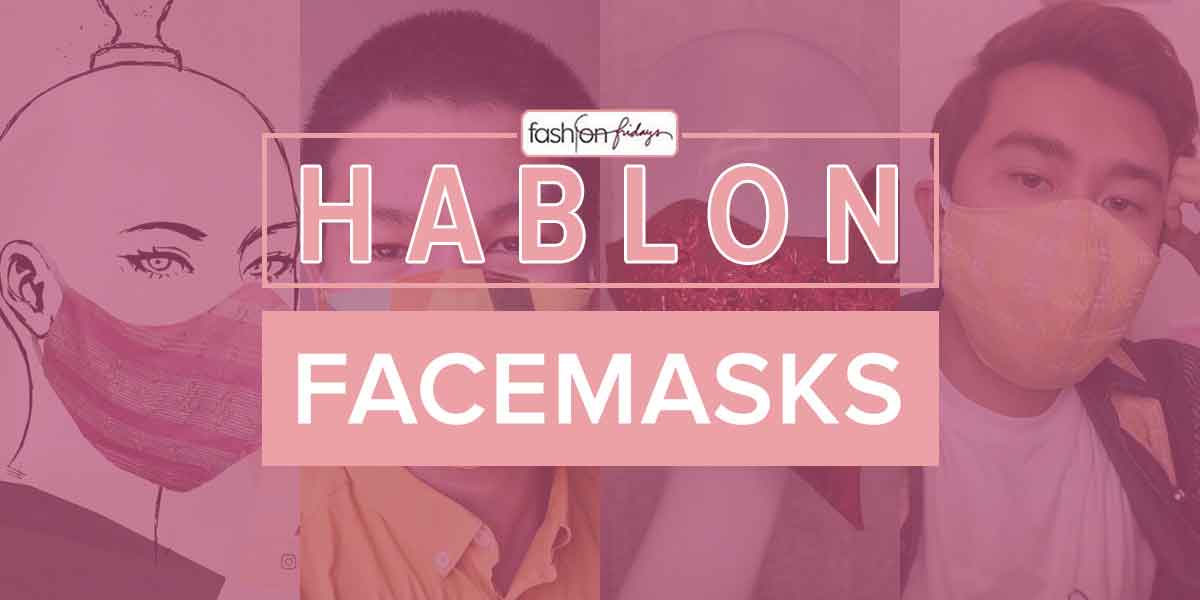By Titus Villanueva
 Roleplaying games are supposed to be fun. I suppose that’s why many people new to the genre have a hard time grasping the idea of horror in their games. In the media, RPGs are usually portrayed with players stepping into the shoes of great heroes, powerful sorcerers and ruthless warriors to the point that people find it hard to comprehend the idea of a game that you are actually meant to lose.
Roleplaying games are supposed to be fun. I suppose that’s why many people new to the genre have a hard time grasping the idea of horror in their games. In the media, RPGs are usually portrayed with players stepping into the shoes of great heroes, powerful sorcerers and ruthless warriors to the point that people find it hard to comprehend the idea of a game that you are actually meant to lose.
Enter; the horror game. Systems like Dead and Call of Cthulhu are designed in such a way that characters are meant to meet horrible deaths during or at the end of a game. A single roll of the die or a spontaneous decision could leave a character either dead or spiraling into debilitating madness. The goal now is to scare and excite the player rather than empower them.

Winning the game no longer becomes finding the treasure, making it to the end of a dungeon or saving the damsel. Winning is now, telling a good story, making sure that if and when your character is killed, it’s a satisfying ending for the player, the GM and everyone watching.
These games are great fun because they explore themes such as loneliness, the realities of war and the insignificance of the human struggle in an uncaring world. Sometimes we get tired of heroics and fantasies and want to delve into things that we are scared of.

In my experience, these games are never about making the players uncomfortable. It’s about immersing them in an edge of the seat thrill that has them all screaming when they realize the monster is just around the corner, accusing one another of being possessed, even going mad and becoming the villains of the story themselves.
My last game ended with each player character within an inch of their sanity, locked in a Mexican standoff. Four shots rang out. Four bodies hit the floor. Everyone claps. Why? They didn’t survive. They didn’t win. They just got to the end of an exciting story, and that’s what tabletop roleplaying games are all about.
























